Lose Weight Over 50
Even if you still feel as healthy and fit as you did in your 30s, you can’t deny the fact that as you reach your fabulous 50s, things start to change.
This is due to a few hindering physiological forces at work inside your body when it comes to shedding pounds. For instance, our metabolism slows at a rate of almost 2% every decade.
With the passage of time, our muscle mass slowly decreases as well, and we may see an increase in overall fat due to our slowing metabolism.
Since fat is not metabolically active, it will increase exponentially if we remain sedentary.
That, of course, does not have to be the case. With the help of regular exercise, healthy lifestyle habits, and smart food choices, we can easily lose weight in our 50s.
These are just a couple of tips and techniques which you can use to keep your body lean, active, and slim over 50!
Before we dive into that, let’s first see why it is difficult to lose weight in your 50s.
Why Is It Hard To Lose Weight In Our 50’s?

It can be challenging to lose weight once you hit 50.
On average, we lose muscle mass at the rate of 3-5% after the age of 35. This changes the way your body burns and utilises fat. In addition, our metabolism naturally decreases as we age.
As I mentioned above, a decreased metabolism accounts for a lot of the difficulty we face when trying to lose weight.
A slower metabolism means that even if a 50-year old person is physiologically similar to 20-year old, the amount of work required to lose weight will be tipped in favour of the 20 year old simply due to the fact that a 20 year olds metabolism (on average) is faster.
A faster metabolism will also allow your body to burn calories even while stationary. The rate at which your body burns calories when you are doing nothing is known as the resting metabolic rate.
If we continue to use the same weight loss techniques geared for 20-year-olds, we can expect lacklustre results. Tailoring our workouts and meal plans to our adjusted metabolisms is key to losing weight over 50.
Top 3 Secrets To Losing Weight Over 50
Now comes the million-dollar question: how do we lose weight despite all the roadblocks and hurdles? The answer is pretty simple – just three little tips to ensure that you remain fit, smart, and slim.
Monitor what you eat, have a healthy exercise regimen, and focus on your mental health. Combine these three together, and you will be the master of your weight loss journey!
Let’s take a detailed look at these important things and see what changes you can make in your lifestyle.

1. You Are What You Eat
Processed and high-fat foods are bad for you at any age, but even more so over 50. Aim to avoid these foods as much as possible by following these tips..
Have a Healthy, Nutritious Breakfast
Start your day with a healthy breakfast full of protein, fibre, whole foods, and good fat. It is not about starving yourself – rather, it is about eating right.
A well-balanced diet with plenty of protein and good fats will assist with weight loss by boosting metabolism and curbing our appetite, making snacking less appealing.
Our bodies need healthy fats as part of our diet as well, such as olive oil, avocados, and butter.
Dietary fats are one of the most important macronutrients we can include in our diet as they help us control inflammation and help our bodies better utilise essential vitamins.
Eat More But Eat Right
When we are trying to lose weight, we often focus on what not to eat rather than on what to eat. It is not all about eating less – it is more about eating right. Increase your vegetable and fruit intake such as pears, apples, soy, cauliflower, etc.
Vegetables & fruits are low in calories and rich in minerals & vitamins. As you age, you need more vitamins, minerals, fibre and fruits & vegetables to do exactly this.
As a good rule of thumb, at every meal aim to pile vegetables over half of your plate.
Skipping Meals? Don’t!
When you eat less, your base metabolic rate slows down. Eating regularly every day while keeping an eye on your calorie intake is very important.
You don’t have to partake in three meals a day – simply eat after a couple of hours to keep your metabolism up and running!
Moreover, make sure that you stay hydrated and drink plenty of fluids, particularly water.
2. Train Your Body With An Exercise Routine That Suits You And Your Needs
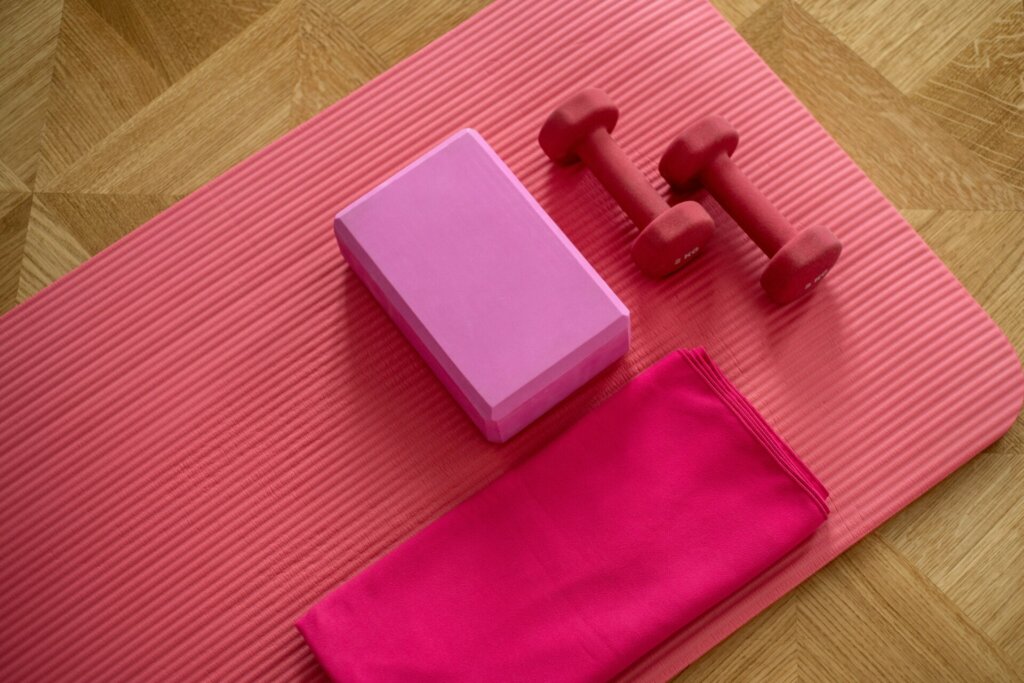
As 50-year olds, we have to exercise slightly differently than we did in your 20s.
Adapting our routines to our ever changing bodies is key to getting the most out of our workout routines. Here are a few points to keep in mind when working out.
Strength Training Over Cardio
Strength training is as equally important as cardio, especially when we are looking for sustainable weight loss.
Even though cardio is very important for lung & heart health, it’s not the be-all and end-all of losing weight and keeping it off.
That’s not to say that cardio isn’t important. It absolutely is and is beneficial for increasing mobility over 50, however our workouts should be balanced with a split of both strength training and cardio.
Strength training is also vital for improving our bone density and can help alleviate some pain associated with stiff joints.
As with everything, take it all at your own pace and don’t push to a level that’s uncomfortable as you may risk further injury.
If you’re looking for a strength training routine, I think you’ll really enjoy this workout which is perfect for beginners. Click here for the routine.
Lifting Weights
As we age, it’s more difficult to gain muscle due to hormonal changes, metabolic rate, age-related illnesses, etc.
Cardio and strength training will help you burn off fat but in order to build up your muscles, incorporating weights into your training is essential.
Weight-bearing exercises build and maintain muscle mass, build bone strength and decrease the risk of osteoporosis.
Go with a combination of aerobic exercises such as swimming, walking, or dancing each day along with strength training at least 3 times a week.
If you have been lax in exercising, don’t go with over-the-top exercises right from the beginning. Let your body become attuned to exercising again.
Simply focus on low-impact cardio workouts like this to help you get back into it! Click here for the routine.
3. Sound Mind Leads to Sound Body

While we work on our bodies, it’s doubly important we work to cultivate a healthy mindset.
Your physical health & mental health are more connected with each other than you think. They are like two sides of the same coin.
With a global pandemic interrupting our daily lives, mental health is more important now than ever.
When 2020 began, many of us had never experienced quarantine and social distancing, however this has become the new normal.
Anxiety and stress play a major role in hindering weight loss. With more and more time being spent indoors, you need to make the environment around you welcoming, positive, and full of love, hope, and care.
Get Enough Sleep
Don’t sacrifice sleep for anything. Sleep is not only important for your overall health but plays a key role in maintaining a healthy weight.
While we sleep, two important hormones, Leptin & Ghrelin are released. They play an essential role in appetite regulation.
When you don’t get enough sleep, the production of these hormones will be hindered.
This will cause a metabolic malfunction in your body, and even if you are doing everything right, it will be harder for you to lose weight.
Aim for at least 7 to 8 hours of sleep every night to stay fit, healthy, and fabulous!
Stay Patient
Just as it takes time to gain weight in the first place, shedding the weight won’t be instantaneous. Trust the process and enjoy the journey. Much easier said than done, however diligence will be your biggest ally in your weight loss endeavour.
In Conclusion…
Weight loss is not all about our BMI and what we weigh. As we age, we need to take into account a number of other factors as well.
We can’t train the same way you did in your 30s and 40s and expect the same results. Nor can you eat the same way. By implementing a few changes to our diet and exercise routine, we start to make gradual progress and get the results we are after!
Don’t fall prey to fad diets and focus on balanced eating.
Follow the tips that I have mentioned above and make them part of your daily routine. Slowly but steadily, you will see the benefits and results as you start to lose weight in your 50s!
Here’s to a healthier, fitter version of you!

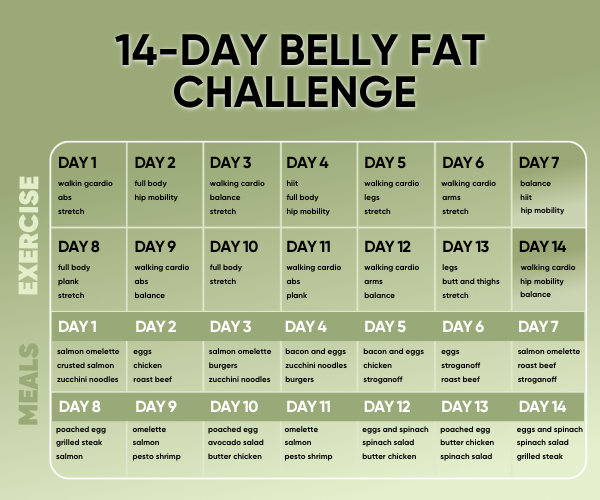
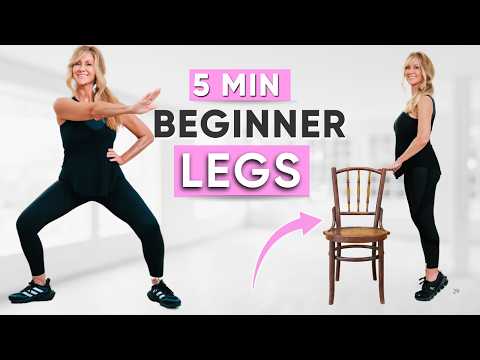



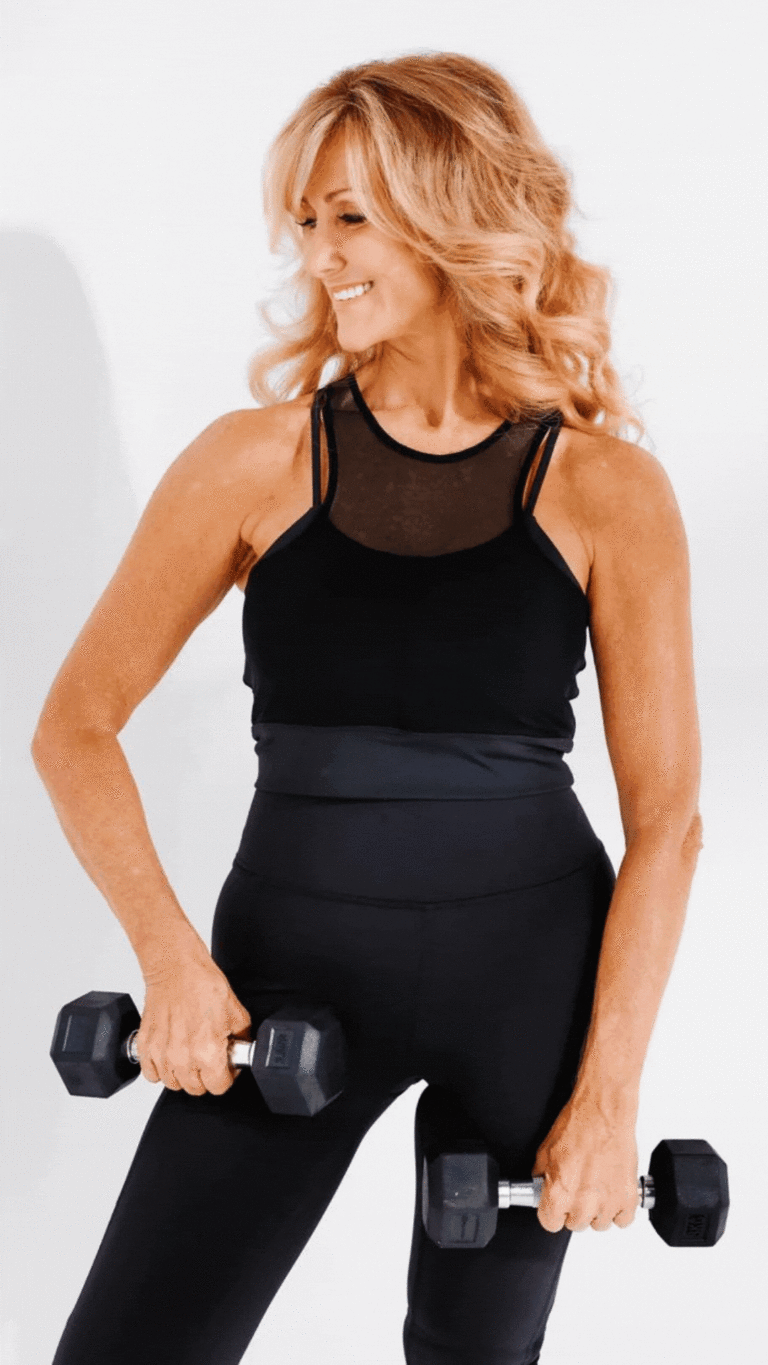




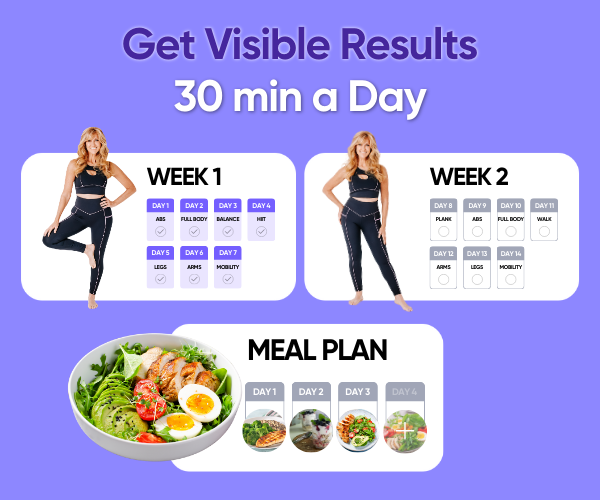
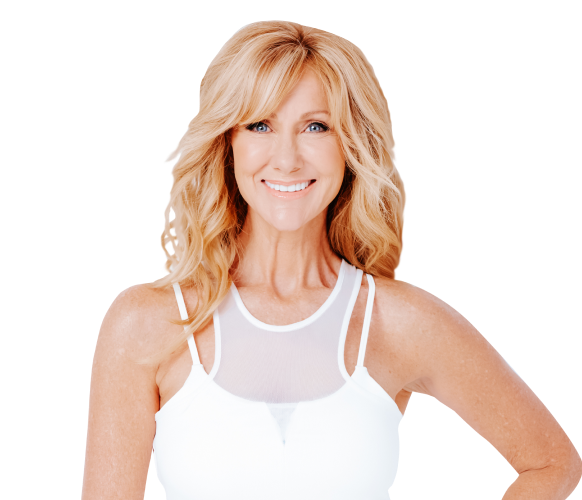
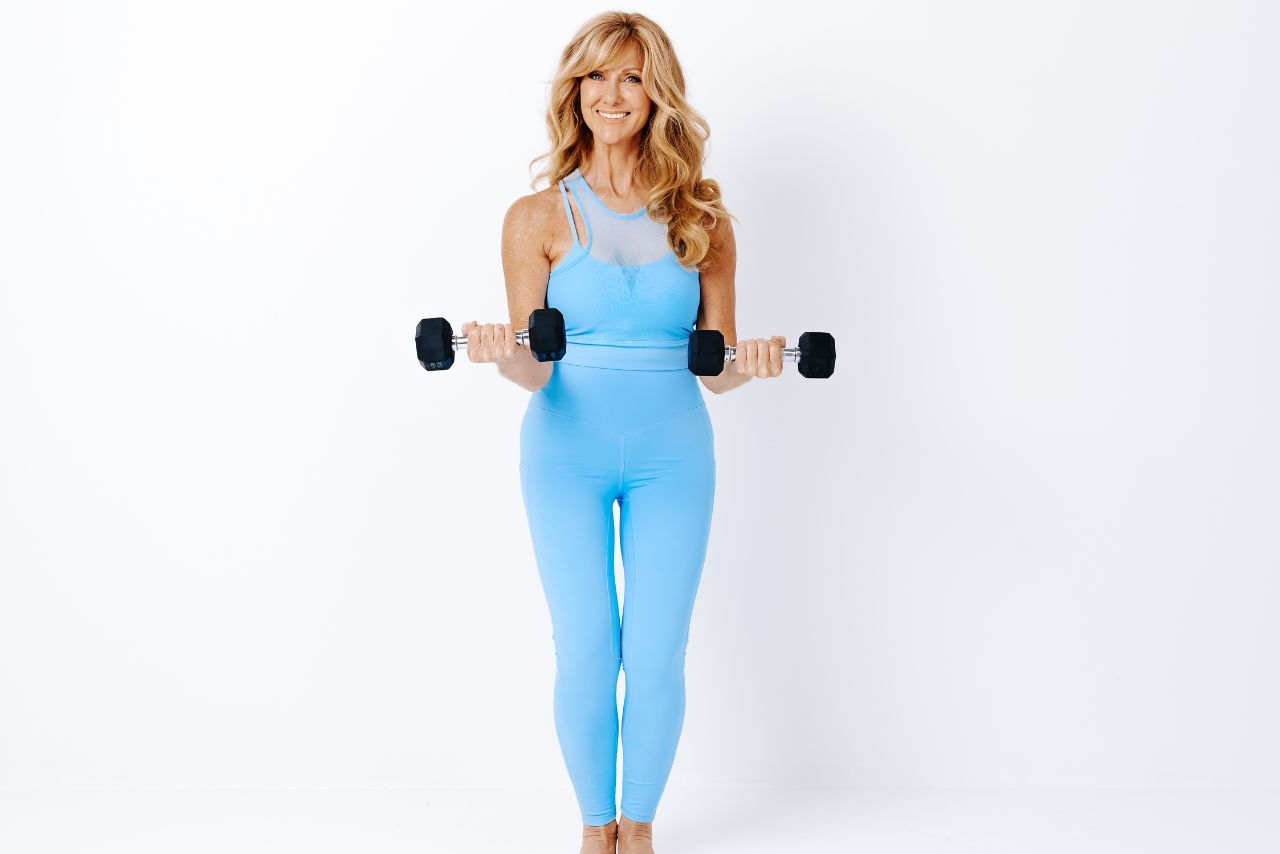

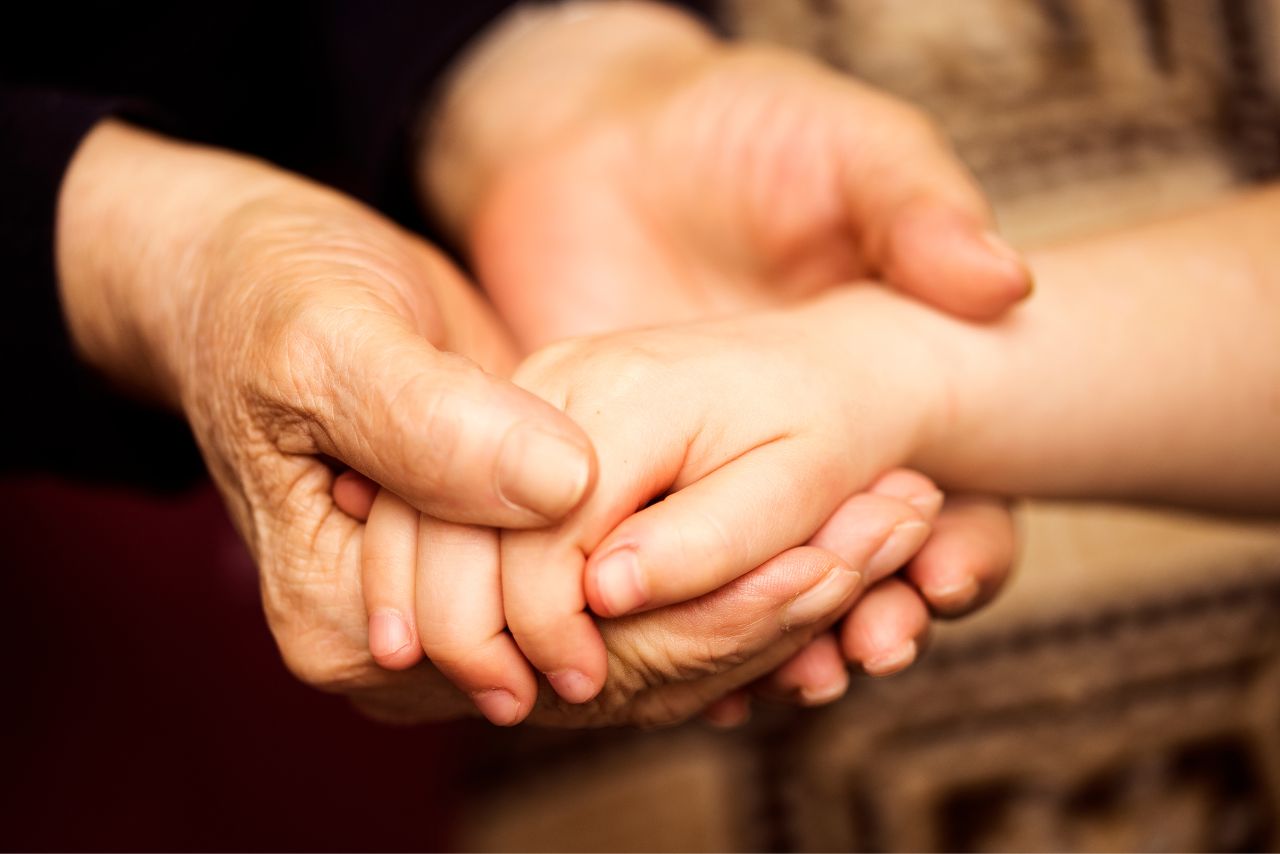



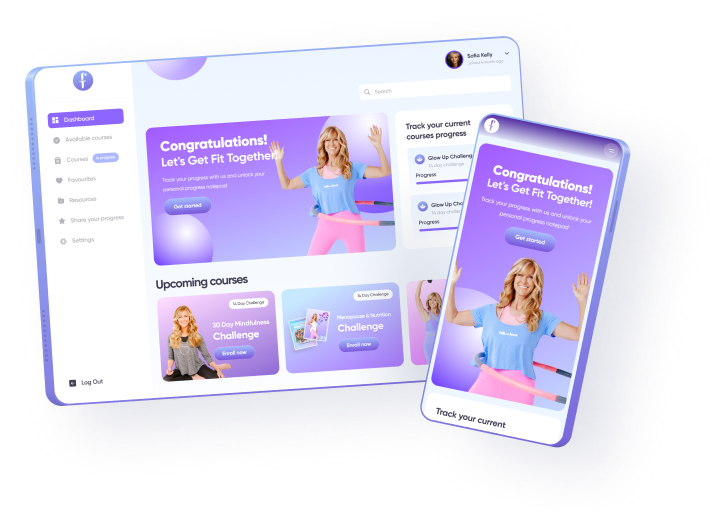
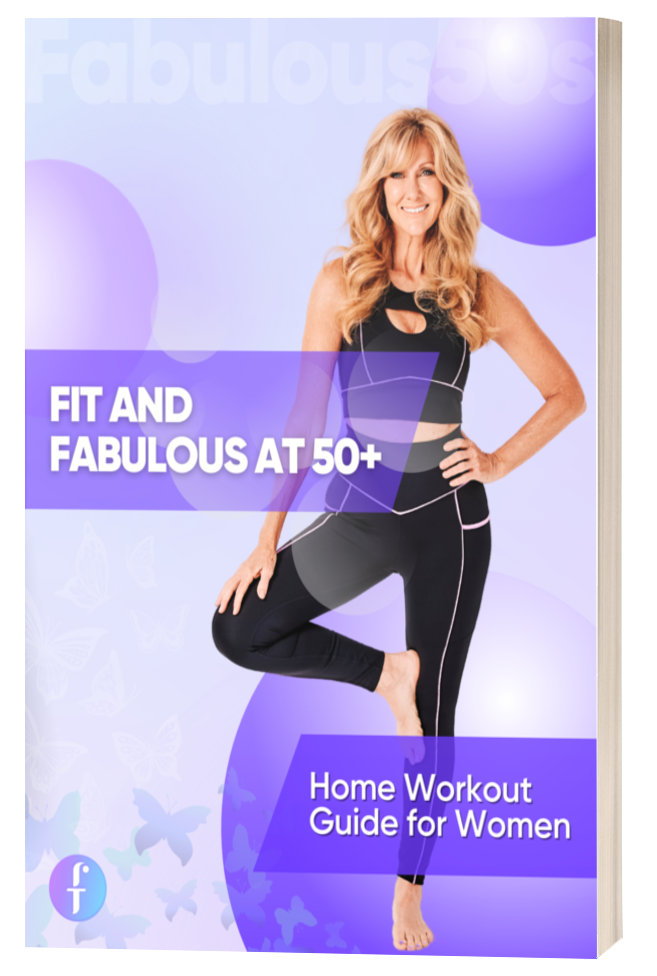

6 Responses
Wonderful tips! I drink loads of water, enjoy it so much. I have hypothyroidism and that’s apparently a big factor in not being able to loose weight. The most important remark you’ve made that applies to me, is that we can’t exercise the way we used to in our 20’s, we have to adjust. Stay healthy and well. Thank you for your encouragement!
Great article. Do you believe intermittent fasting and ACV would be helpful
These are all great suggestions….and ones I’ve been doing for several decades. I’ve actually found intermittent fasting to work well, but I had to find the hours of day that gave me results. Eating after I exercise in the morning with a big breakfast of a panful of vegetables and an egg, then fasting all day until 7 pm has finally made the scale move downward. I use that extra two hours between when I get off work at 5 and when I fix dinner at 7 to get busy around my place and do some sort of activity whether it is gardening, cleaning, home improvement, or clutter clearing. I love these 2 hours when I used to plop down on the couch with dinner and TV. I am not sure if it is the actual fasting for those 2 hours, the fact that I’m moving and doing things, or a combination of both. All I know is that it is quite difficult not to eat during that time, but it is really getting results. Always a healthy smallish dinner of veggies, protein, and fruit….low carb. No snacking. Thank you for the excellent information!
I have been slipping back into the processed food on and off and really notice it now . I have started doing your arms and abs workouts on alternate days and combining with walking and looking forward to feeling fab and fitter again soon . Love your website
Can you give comments on fasting please?
Hours fasting and meal size when eating if you only have one meal a day?
I don’t believe in fasting. I think going a long time without food, isnt sustainable in the long term, which is what’s important. I also think that if the body gets into a ‘starvation mode’ it will naturally start to lay down fat on the body more readily, ‘believing’ there could be food shortage. I prefer to eat little and often, having three meals a day and a snack between each meal. It seems to work for me. When I put weight on, I know it’s usually about being a little too sedentary and eating too much junk food and one too many glasses of wine and I just review things a bit.